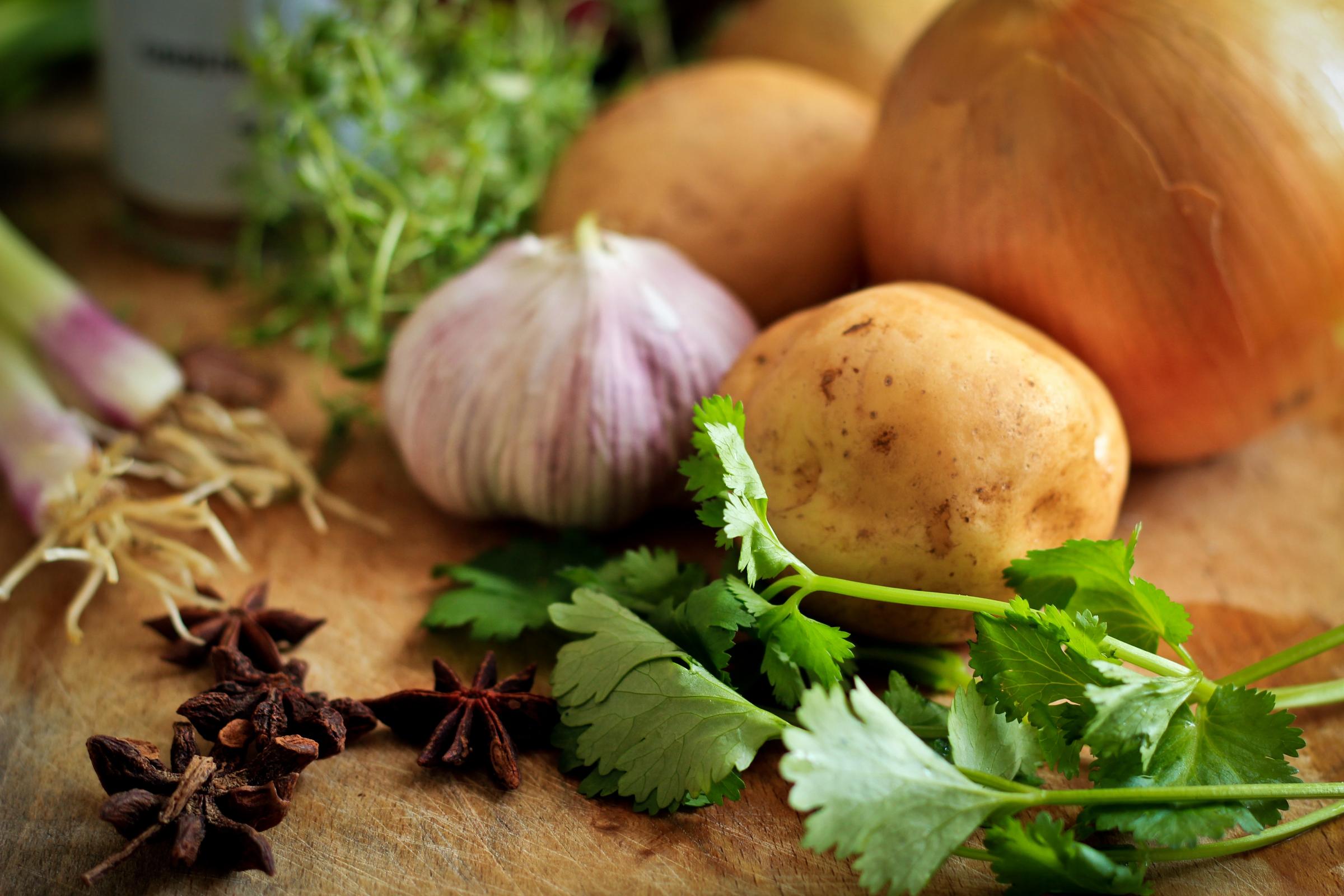Food Studies

Purpose and Structure
VCE Food Studies is designed to build the capacities of students to make informed food choices and develop an understanding about food security, food sovereignty and food citizenship. Students develop their understanding of food while acquiring skills that enable them to take greater ownership of their food decisions and eating patterns.
Key concepts include:
• Aboriginal and Torres Strait Islander knowledge, culture and history
• Food citizenship
• Food security, sustainability, and sovereignty
• Food systems
• Healthy eating
• Innovations and technologies
Assessment tasks require demonstration of course content (theory) and practical skills. This study complements and supports further training and employment opportunities in the fields of home economics, food technology, food manufacturing and hospitality. There is an emphasis on extending food knowledge and skills and building individual pathways to health and wellbeing through the application of practical food skills. Practical activities include comparative food testing, cooking, creating and responding to design briefs, demonstrations, dietary analysis, nutritional analysis, product analysis, scientific experiments and sensory analysis (including taste testing and use of focus groups).
Unit 1: Food Origins
This unit focuses on food from historical and cultural perspectives. Students investigate the origins and roles of food through time and across the world. Students explore how humanity has historically sourced its food, examining the general progression from hunter-gatherer to rural-based agriculture, to today’s urban living global trade in food. Students consider the origins and significance of food through an inquiry into one particular food-producing region of the world. Students investigate Australian Indigenous food prior to European settlement and how food patterns have changed over time with a focus on cuisines that are part of Australia’s culinary identity today.
Unit 2: Food Makers
In this unit students investigate food systems in contemporary Australia, exploring both commercial food production industries and food production in small-scale domestic settings. Students gain insight into the significance of food industries to the Australian economy and investigate the capacity of industry to provide safe, high-quality food that meets the needs of consumers. In demonstrating practical skills, students design a new food product for a potential entrepreneurial opportunity and adapt recipes to suit particular needs and circumstances.
Unit 3: Food in Daily Life
This unit investigates the many roles and everyday influences of food. It explores the science of food, the physical need for it and how it nourishes and sometimes harms our bodies. Students investigate the science of food appreciation, the physiology of eating and digestion and the role of diet in gut health. Students analyse the scientific rationale behind the Australian Dietary Guidelines and the Australian Guide to Healthy Eating and develop their understanding of diverse nutrient requirements.
There is a focus on the various influences on food choice: how communities, families and individuals change their eating patterns over time and how our food values and behaviours develop within social environments. Students investigate behavioural principles that assist in the establishment of lifelong, healthy dietary patterns.
Unit 4: Food Issues, Challenges and Futures
In this unit students investigate individual responses to food information and misinformation and the development of food knowledge, skills and habits to empower consumers to make discerning food choices. They also consider the relationship between food security, food sovereignty and food citizenship. Students consider how to assess information and draw evidence-based conclusions and apply this methodology to navigate contemporary food fads, trends and diets.
Students focus on issues related to the environment, ecology, ethics, farming practices, the development and application of technologies and the challenges of food security, food safety, food wastage and the use and management of water and land. They examine debates about global and Australian food systems, researching a selected topic to seek clarity on current situations and points of view, considering solutions and analysing work undertaken to solve problems and support sustainable futures.
